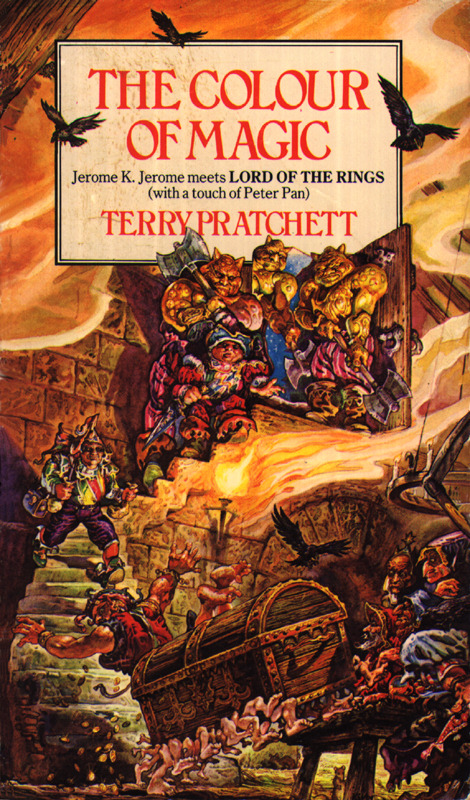When it was revealed that The Cursed Child was going to be released as a book, my first thought was... 'that's odd. Isn't it a play?' Sure, we read plays all the time. It's the bulk of our English classes in high school and college. However, I don't go out and purchases plays to read for fun. I like seeing them but the phenomenon of reading plays are reserved for Shakespeare.
But, I was a bit curious to read what the contents were, especially since the play opened, and the play date of my friends to go see the it draws nearer and nearer. I received the book for my 1st wedding anniversary, so even if the book blew, it would still hold a special place in my heart.
I managed to stay away from all the think pieces and reviews of the book, and so when I read it, my initial knee jerk reaction was that... it was awesome. I took it for face value, I imagined seeing the play while I read it, I loved the characters and I thought that JK Rowling did exactly what she wanted to do, she wrote a sequel using a new medium to do it.
Even though I still maintain that JK Rowling never intended to write anything else after the books, or else she would have given Harry's kids better names, (Come on, Sirius? Hagrid? Anyone else?) I thought the characterization of Scorpio (another terrible name) and Albus were great. Both in Slytherin, both act heroic, like Slytherins are also capable of doing. I thought, the time turners, and the multiple possible universes were entertaining and gave the Potterverse a unique spin. Did I expect it to be exact? No. But the point of play wasn't to follow canon exactly. It's to entertain.
But man, fans are the worst. I know everyone is entitled to their opinion. However, did people lose everything they were taught in high school English? Have they not matured as an adult at all? Doesn't anyone remember how to read a play?
I've read many fan critiques of how this wasn't a sequel, there wasn't any magic, Harry said things he would have never said, blah blah blah... I want to remind everyone that in this PLAY that was co-wrote with 2 of the most famous playwrights and show producers today, Harry is 40 years old. He spent a good part of his life doing more stressful things, holding down a very stressful job, being a husband and then learning how to be a father... you know, generally growing up and learning how to be a person. Many fans have stated that telling Albus that he was never his son was something Harry would never do. How do you know what you'll never do? How can you be the same person at 18 to 40? Did everyone forget how awful he was during the 5th book? Finally, it wasn't like Harry said something, and then refused to take it back. By the end of the play, they reconciled in a meaningful way that could only tackle the issue of being Harry's son.
This play about relationships and about growing up. This is about Albus' future, how he connects to it and how, being the son of one of the most famous wizards in the world, he becomes his own person. I'm not sure how that theme turned into a "a terrible sequel" but then again, super fans of all genres don't like it when their fictional universe expands in a way they didn't intended.
Fans, it's not yours. It was never yours. It's JK Rowling's world and we are just lucky to experience it.

